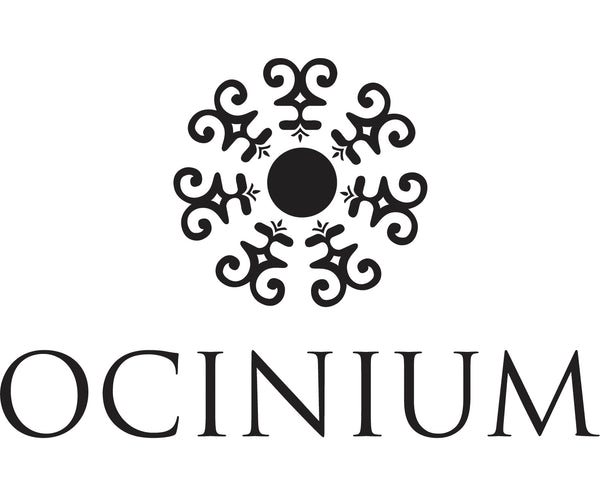Essential Oils: Everything You Need To Know
May 21 2018 – Cassandra Hilton

Essential oils are present in a high volume of cosmetic products from serums and moisturisers to cleansers and toners. These natural compounds have a somewhat controversial reputation, however we’re here to separate the fact from fiction and help you understand the scientific truth!
Essential oils are completely natural compounds, derived from plant material, such as leaves, stems, flowers, bark and roots and the volatile components are extracted by steam distillation or mechanical expression.
As highly concentrated and complex botanical extracts, these substances are primarily comprised of varying amounts of terpenes, esters, aldehydes, ketones, alcohols, phenols and oxides. These secondary metabolites are unpredictable in nature and impart a particular fragrance, making them a healthier alternative to synthetic fragrances for adding scents to cosmetic products. Essential oils also possess therapeutic characteristics, with proven olfactory benefits for calming, boosting sleep and reducing anxiety.
There are at least 90 different essential oils that can be identified as being recommended for dermatological use. Essential oils are mostly used for the treatment of infections, inflammatory skin conditions and general skin maintenance for healthy ageing including pigmentation, firming and tightening, fine lines and wrinkles.
While many people find themselves concerned about the safety of these compounds, essential oils are generally recognised safe at specific concentration limits and are formulated in natural skincare products for the face at approximately 0.2% concentration.
However, pregnant and breastfeeding mothers are vulnerable and the safety of essential oils during pregnancy has not been clearly demonstrated.
Although, it is important to note that essential oils are known sensitisers when at a high concentration, linking them to cases of allergic contact dermatitis. The components of essential oils prone to causing sensitivity or allergies include limonene, linalool, citral and cinnamyl alcohol. This is most commonly seen with citrus oils, such as bergamot, lemon, lime, grapefruit and orange, which contain foucoramins, in addition to limonene, linalool, and citral.
As a natural skincare brand, the use of essential oils in our products is preferable to the use of phthalates that are chemically made to mimic the smell of a plant or flower. We ensure to keep essentials oil concentrations at a safe level within each of our formulations to prevent skin irritation from occurring.
Rapture Perfume Oil - Exotic, earthy and woody fragrance notes unfold through sensual fragrances of rose maroc, patchouli and ylang ylang. Delicate droplets of Jojoba seed oil, transport aromatic plant compounds directly to the skin for a long-lasting, gentle and pleasant scent. Free of alcohols, phthalates and fixatives.

